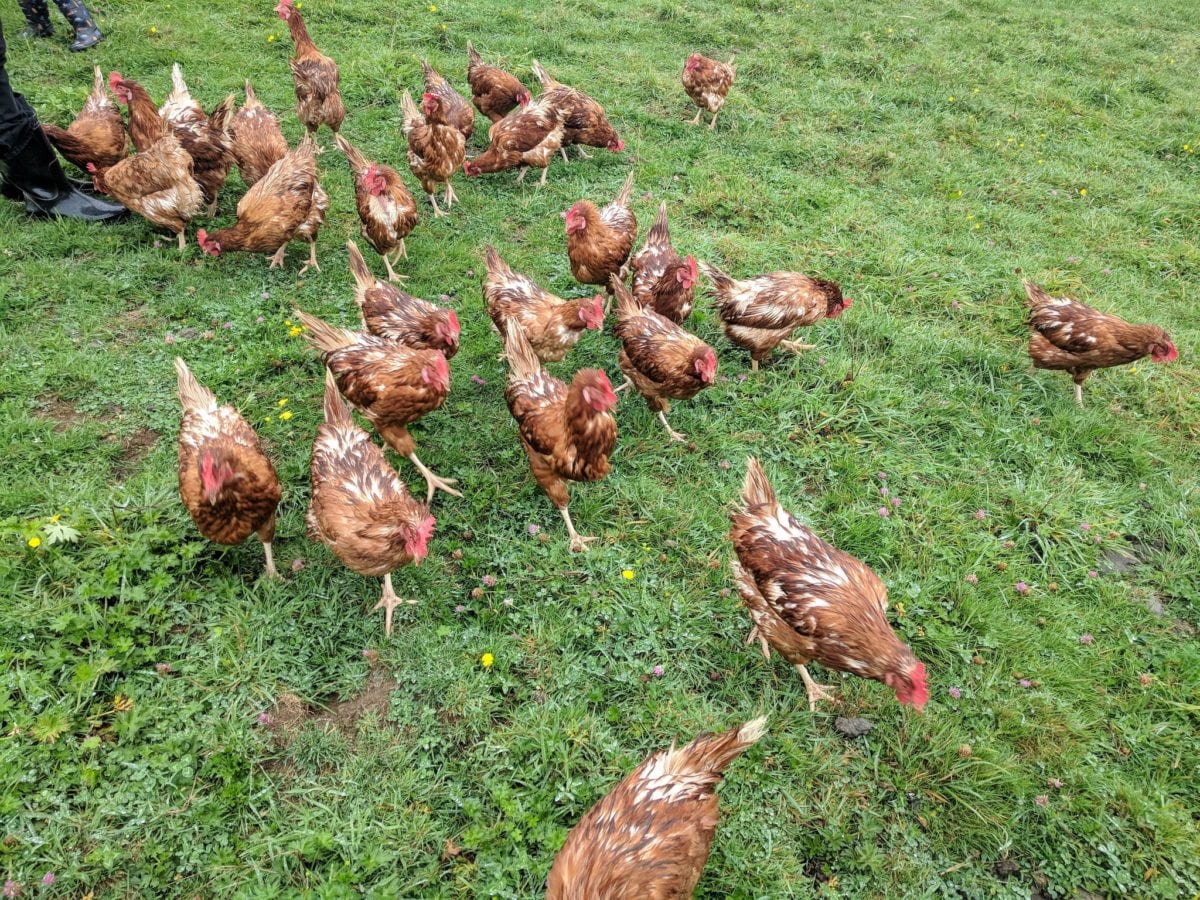A Baltimore startup that spun out of research at Morgan State University is looking to turn poultry litter into power for farmers.
Cykloburn Technologies is developing a low-emission combustion system that converts biomass into energy. CEO Rob Meissner said the technology is being designed as an option for poultry farmers who use chicken litter as fertilizer. On the Eastern Shore, nitrogen and phosphorous from excess fertilizer is pegged as a prime pollutant in the Chesapeake Bay. Using the company’s offering, Meissner said the waste could instead be used as energy to heat chicken houses and provide a renewable source of energy for other operations. That alternative source of energy generated can also help farmers save money.
“It helps the environment and I think, economically, we are very confident that it will be an exciting product,” said Meissner.
The technology was invented by Seong Lee of Morgan State University’s Center for Advanced Energy Systems and Environmental Control Technologies. The company previously received a $150,000 investment from TEDCO’s Maryland Innovation Initiative and a $100,000 grant from the Maryland Industrial Partnerships program for the heating technology. The technology was licensed to Cykloburn in December 2017 in what Morgan State said was the first tech transfer deal for the school.
“We invested in Cykloburn because of the smart and high-tech solution they bring to our environmental problems. The fact that this is both a cleantech and an energy tech company that will potentially have direct economic development impact on our farming community in Maryland is icing on top,” TEDCO MII Director Arti Santhanam said in a statement.
Now Cykloburn is looking to scale up the system’s capacity. The company recently received a $225,000 Small Business Innovation Research grant from the National Science Foundation. That makes three Baltimore startups to receive an SBIR award in recent weeks.
Meissner said the funding will help add capacity that can make the system viable for the average Eastern Shore farm. The company is also looking to hire two additional people to add to its three-person team. Meissner said about half-a-dozen farmers have shown initial interest, and the company is also looking test a prototype at a farm on the Eastern Shore this summer.
Before you go...
Please consider supporting Technical.ly to keep our independent journalism strong. Unlike most business-focused media outlets, we don’t have a paywall. Instead, we count on your personal and organizational support.
Join our growing Slack community
Join 5,000 tech professionals and entrepreneurs in our community Slack today!

The person charged in the UnitedHealthcare CEO shooting had a ton of tech connections

The looming TikTok ban doesn’t strike financial fear into the hearts of creators — it’s community they’re worried about

Where are the country’s most vibrant tech and startup communities?


